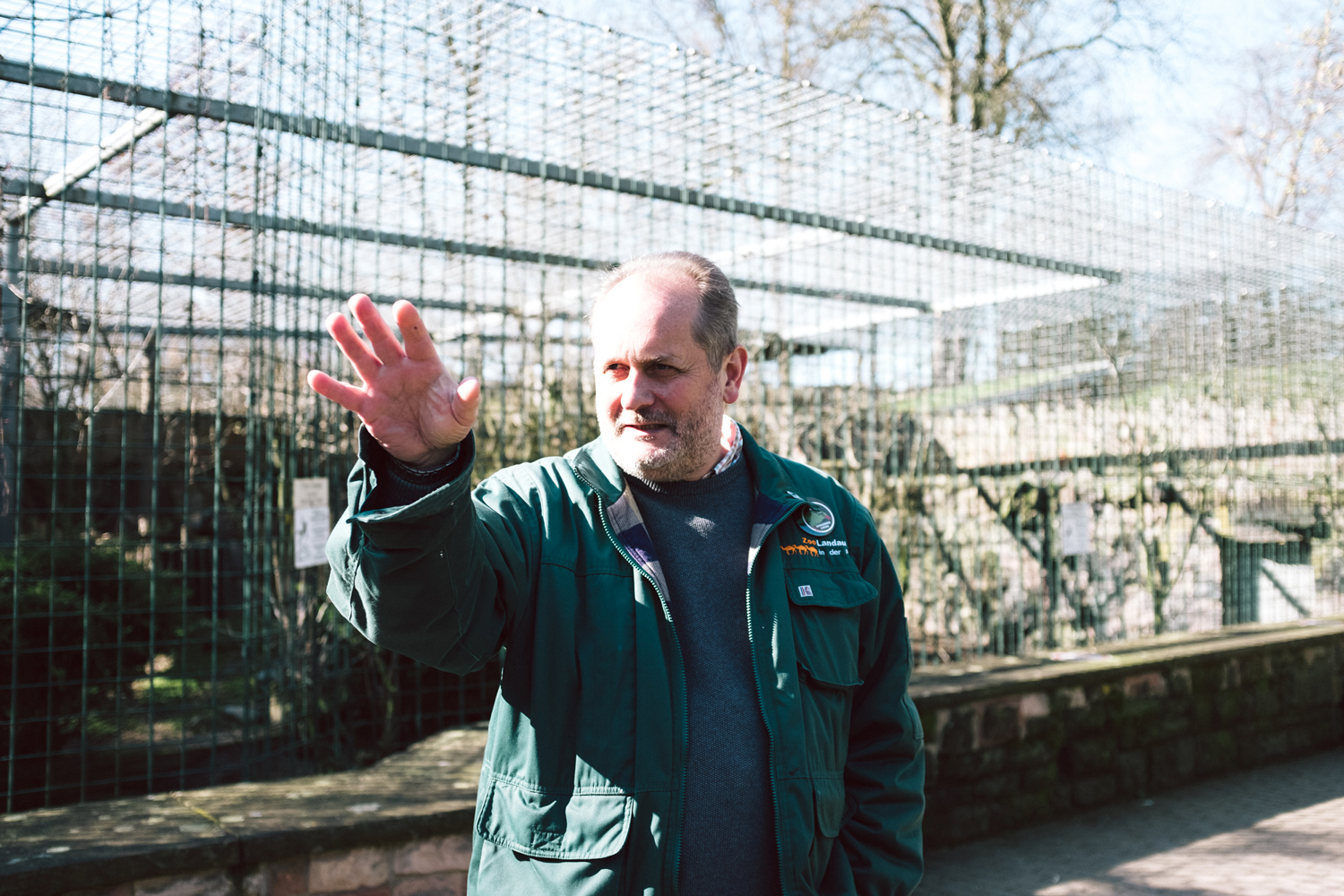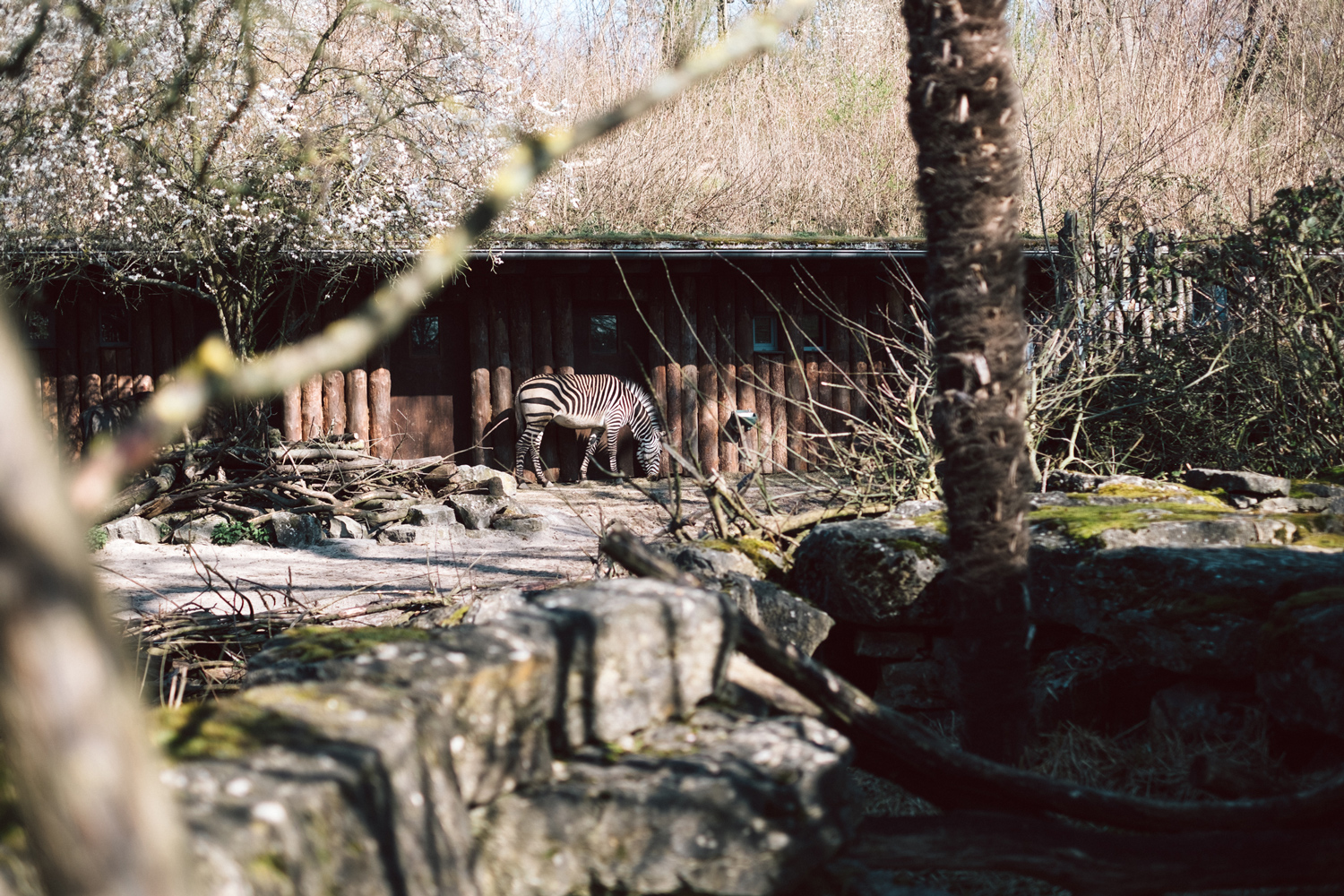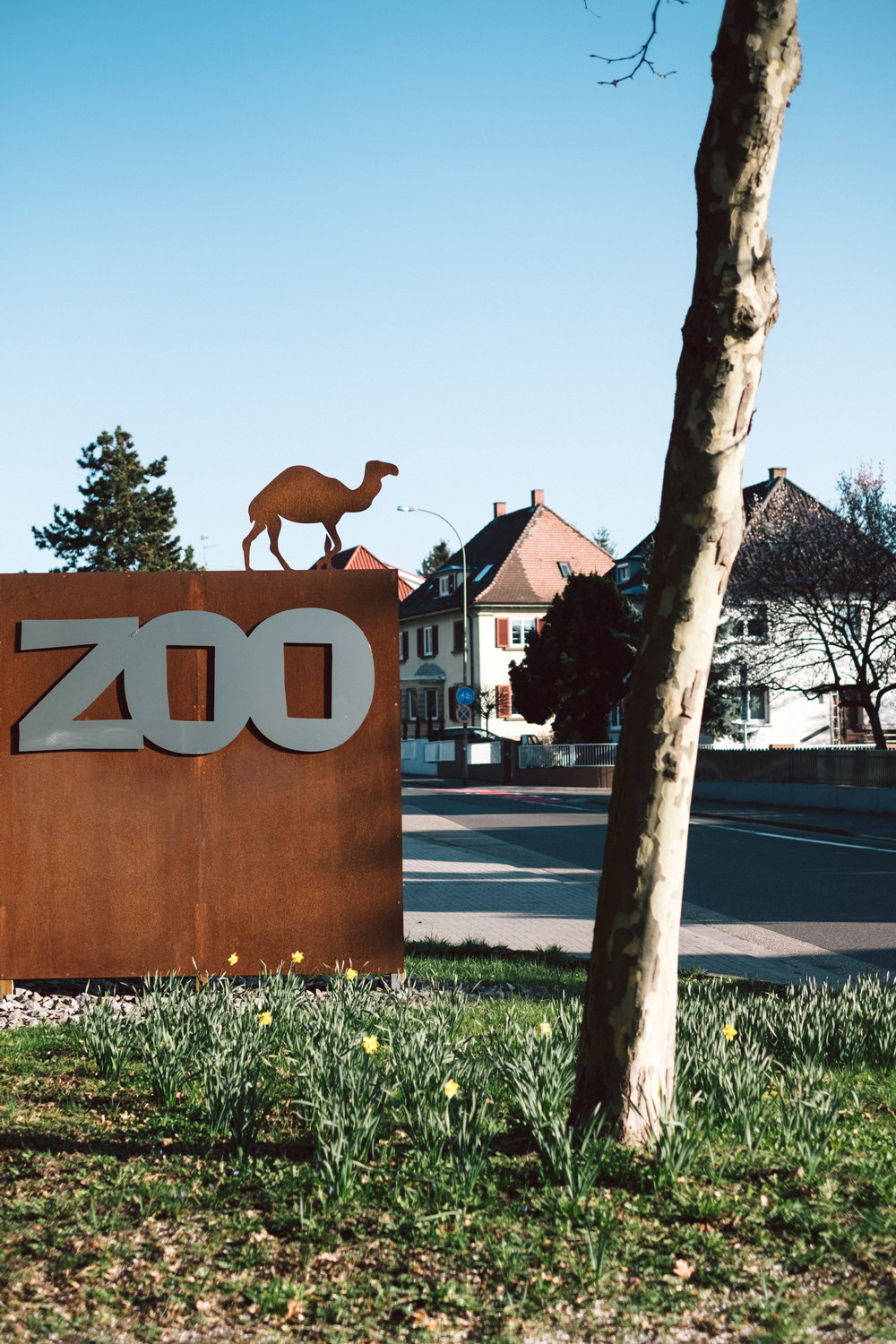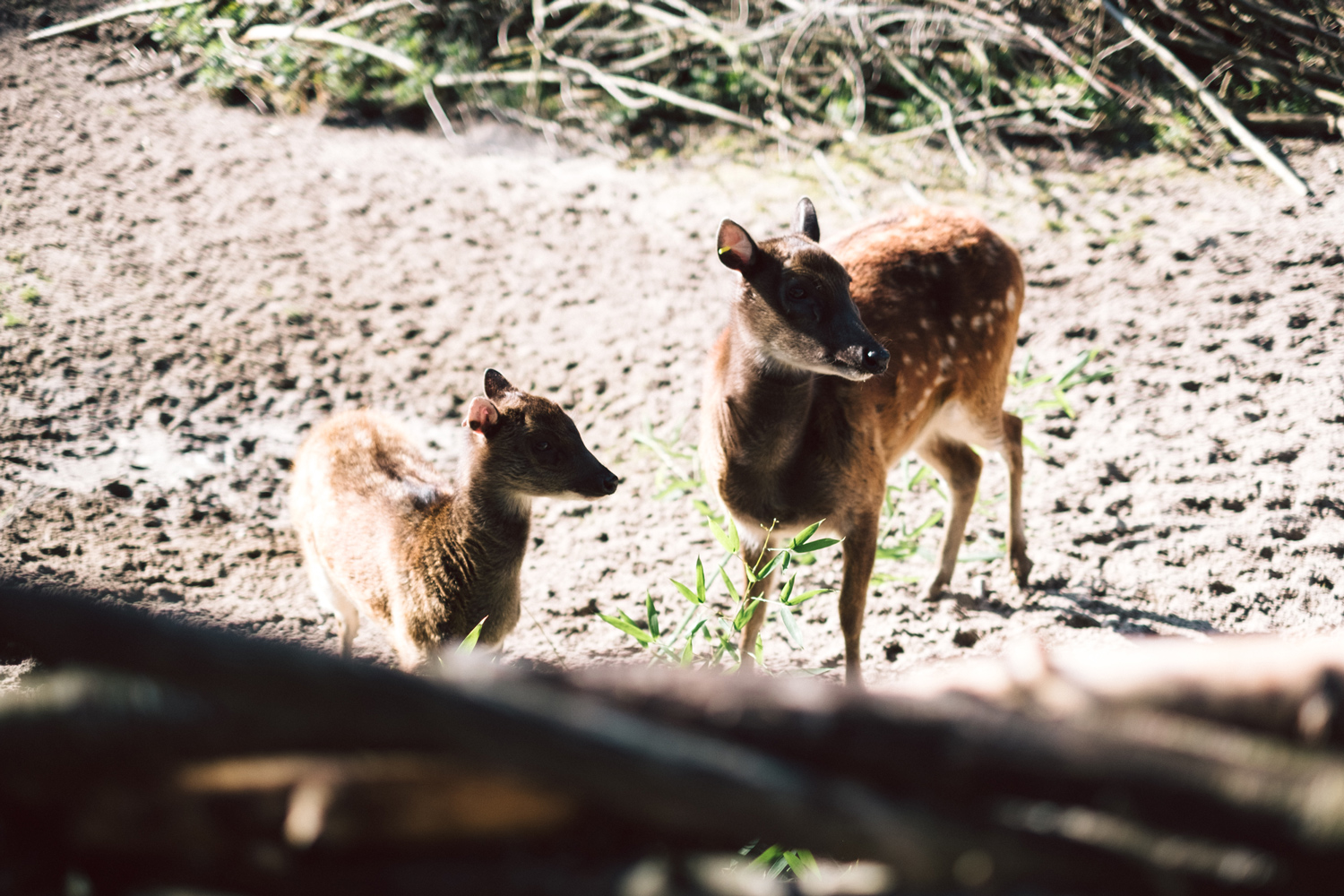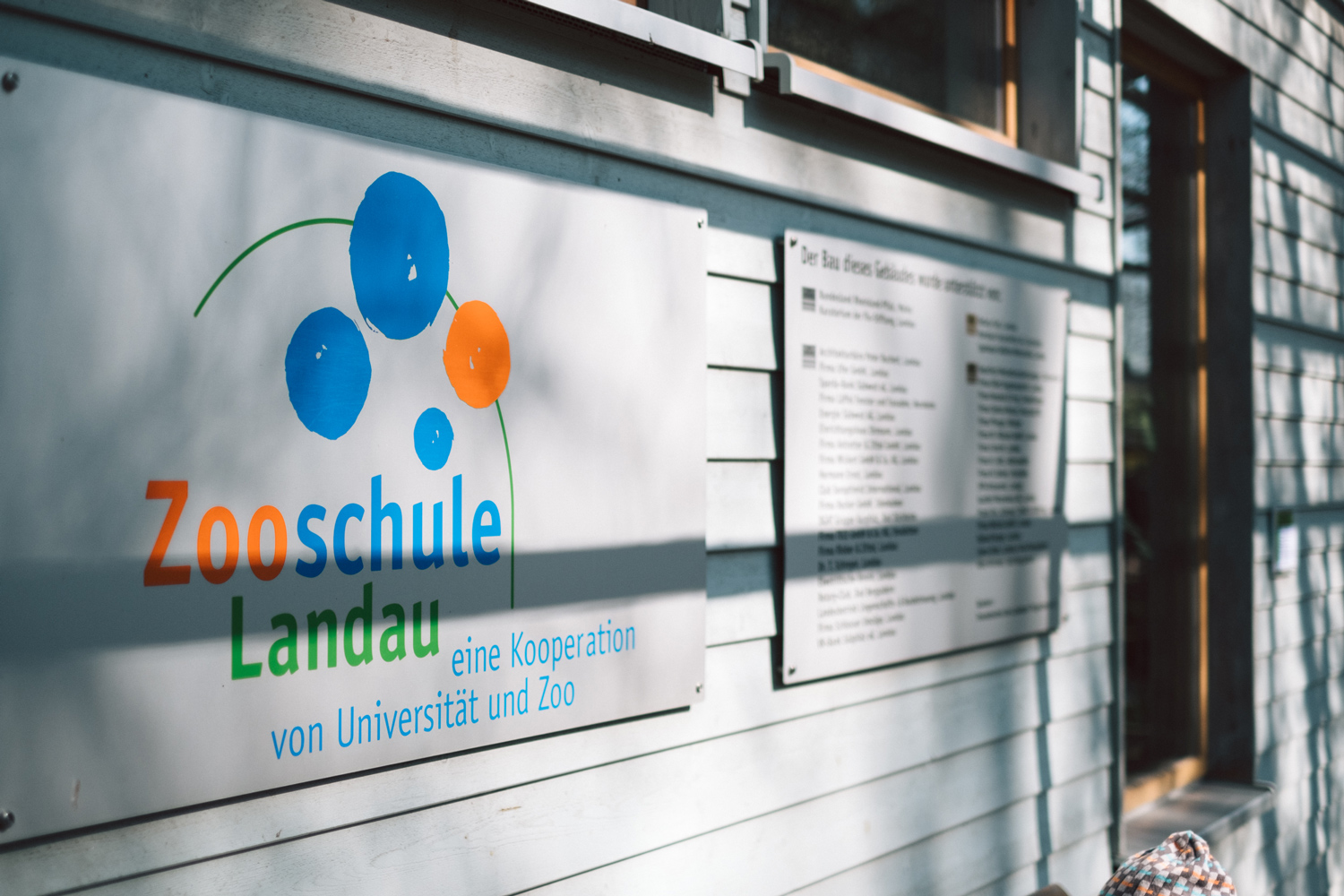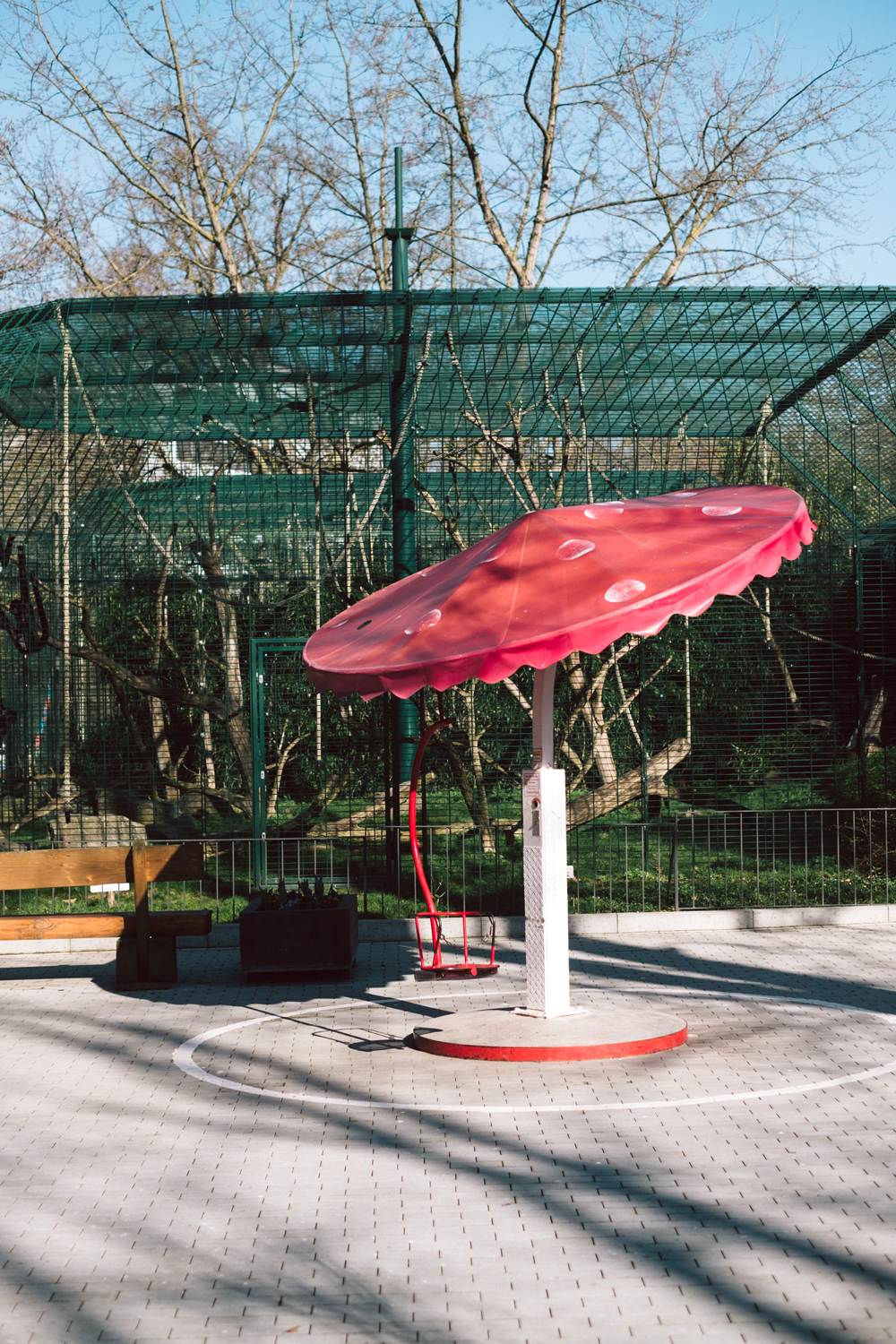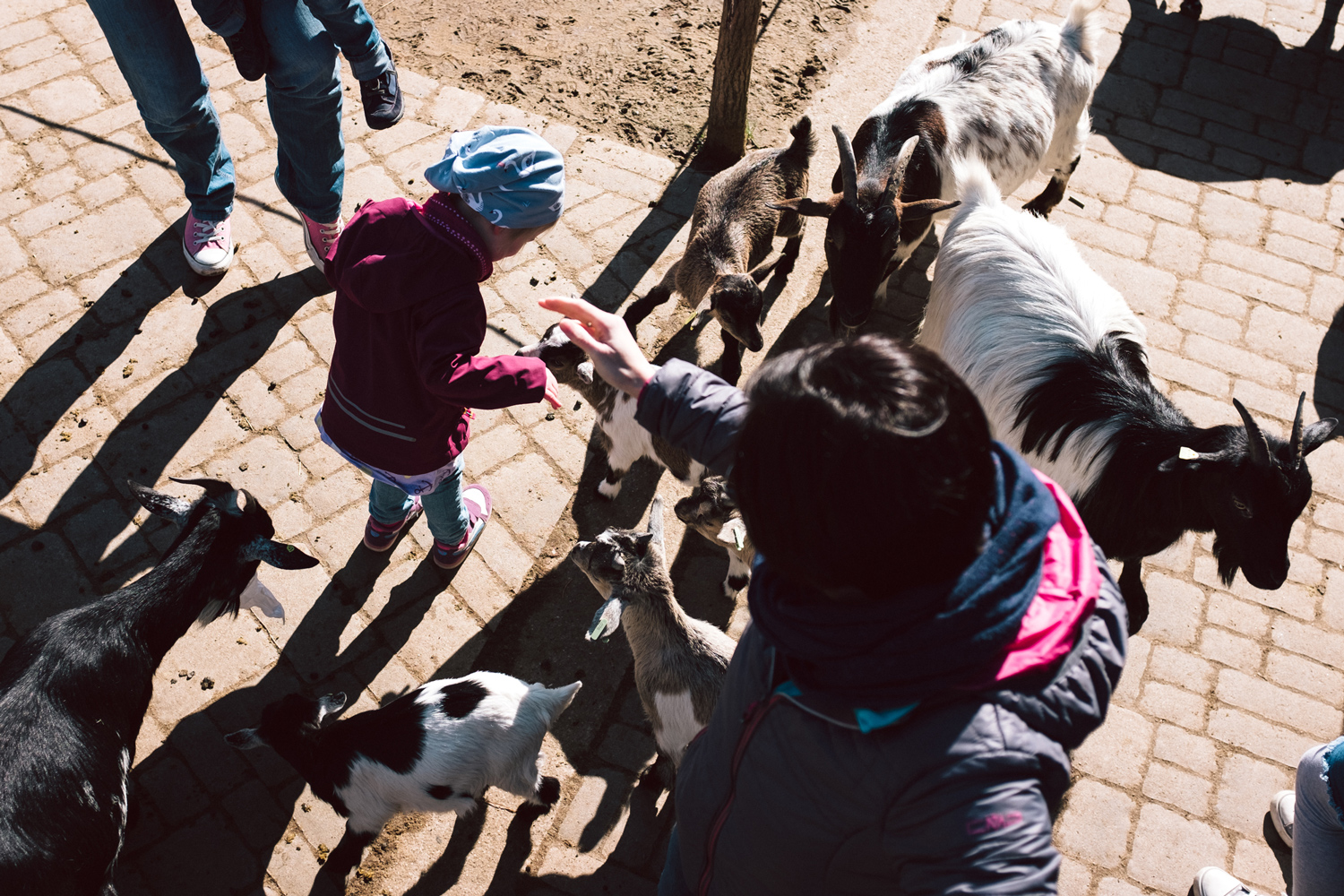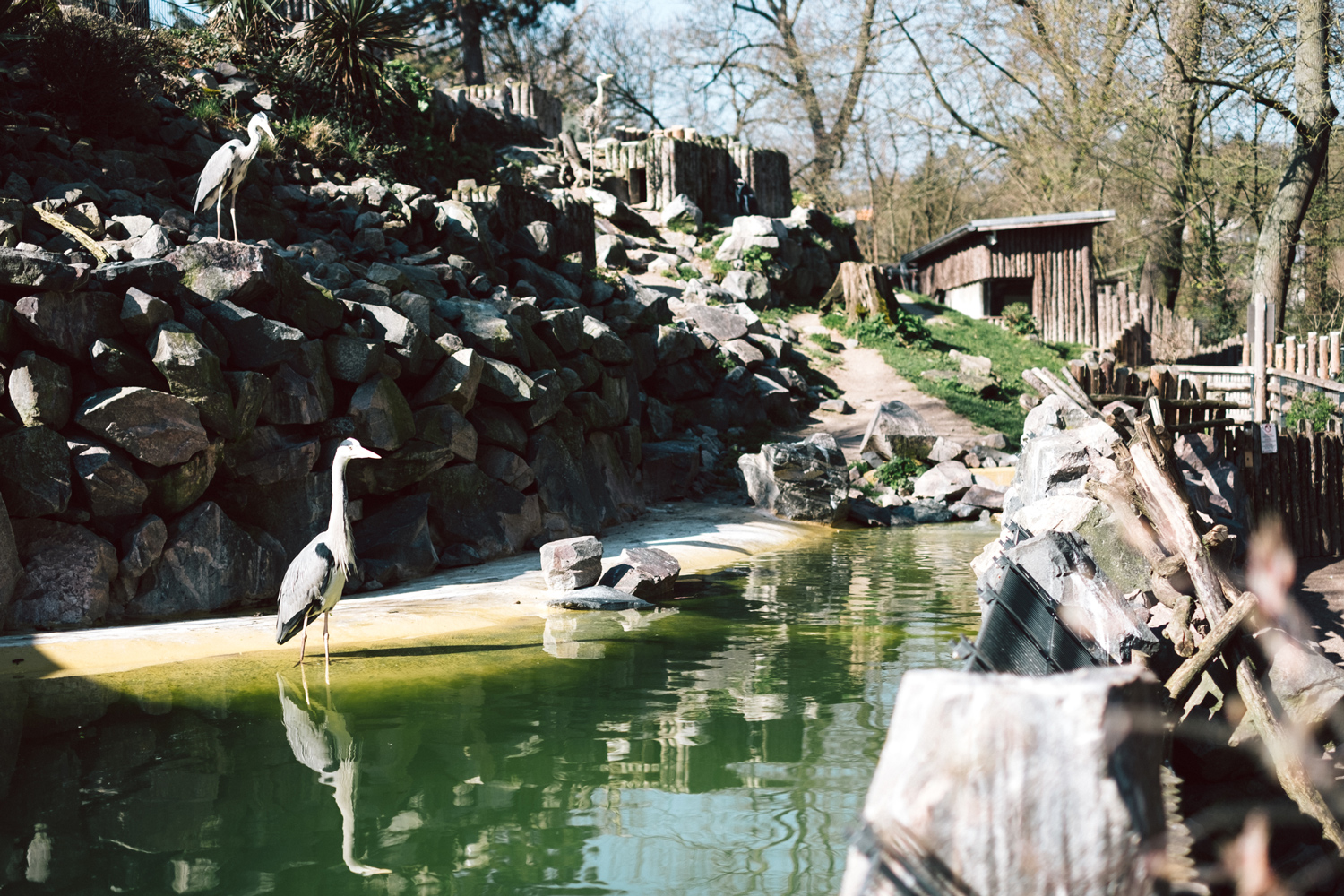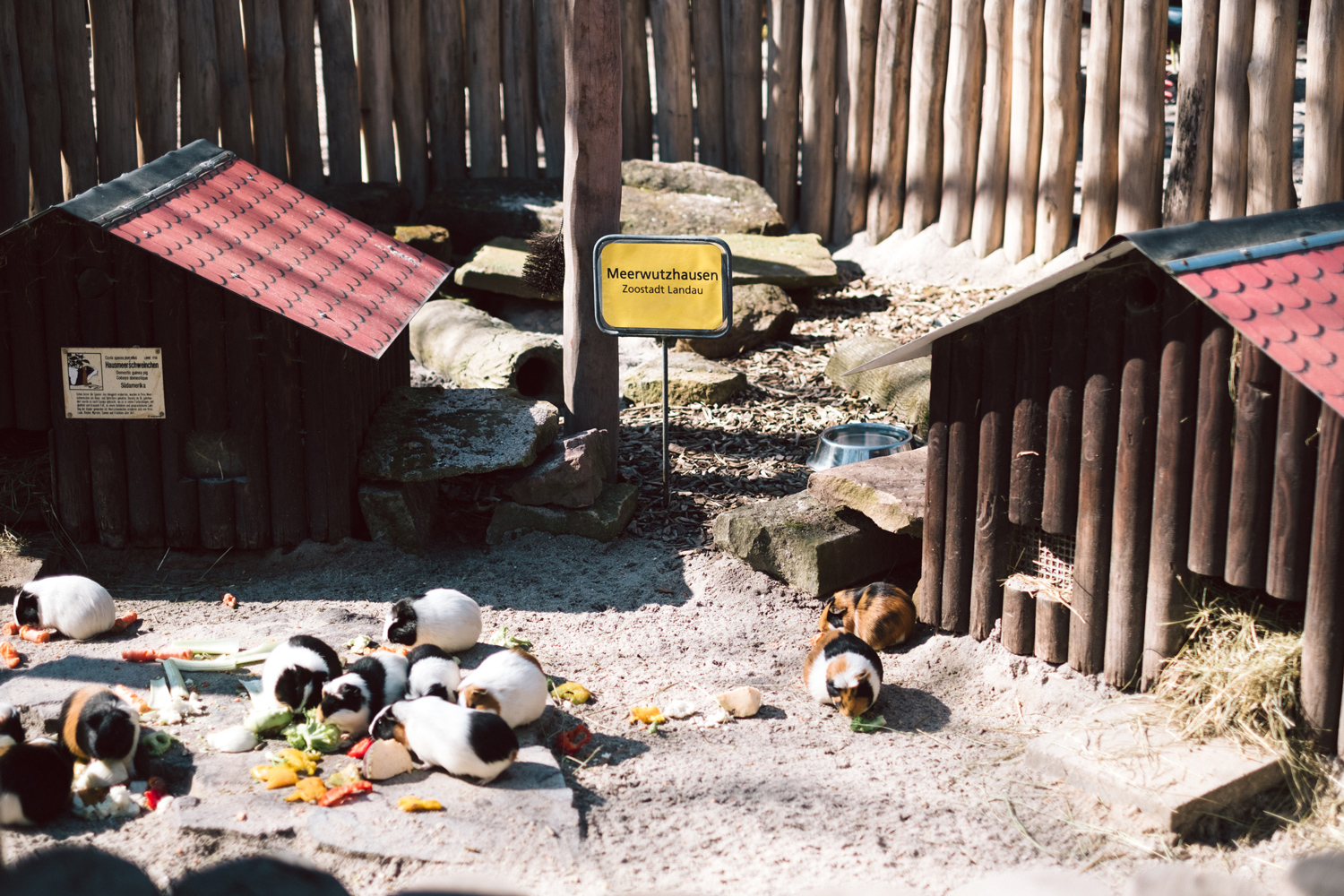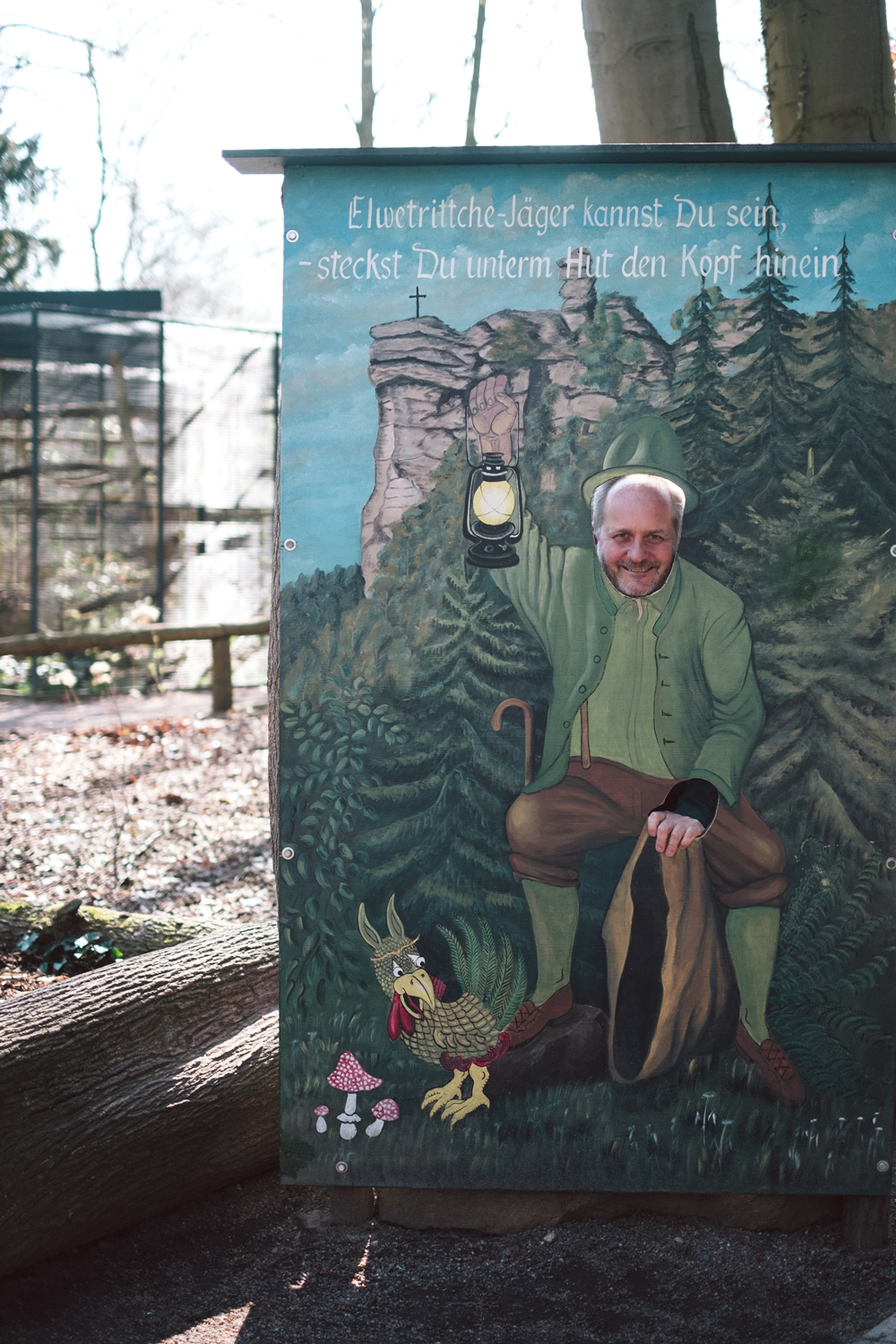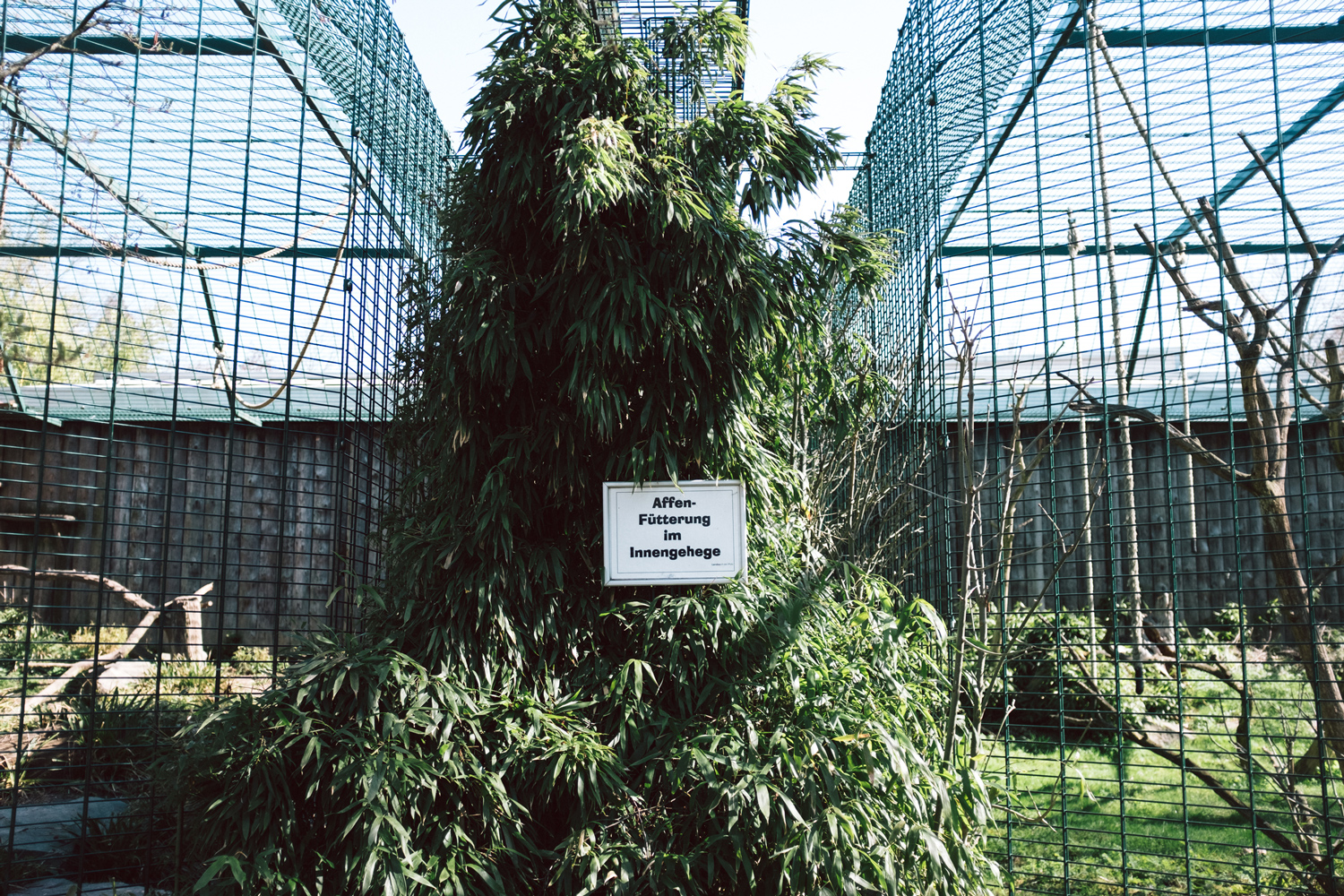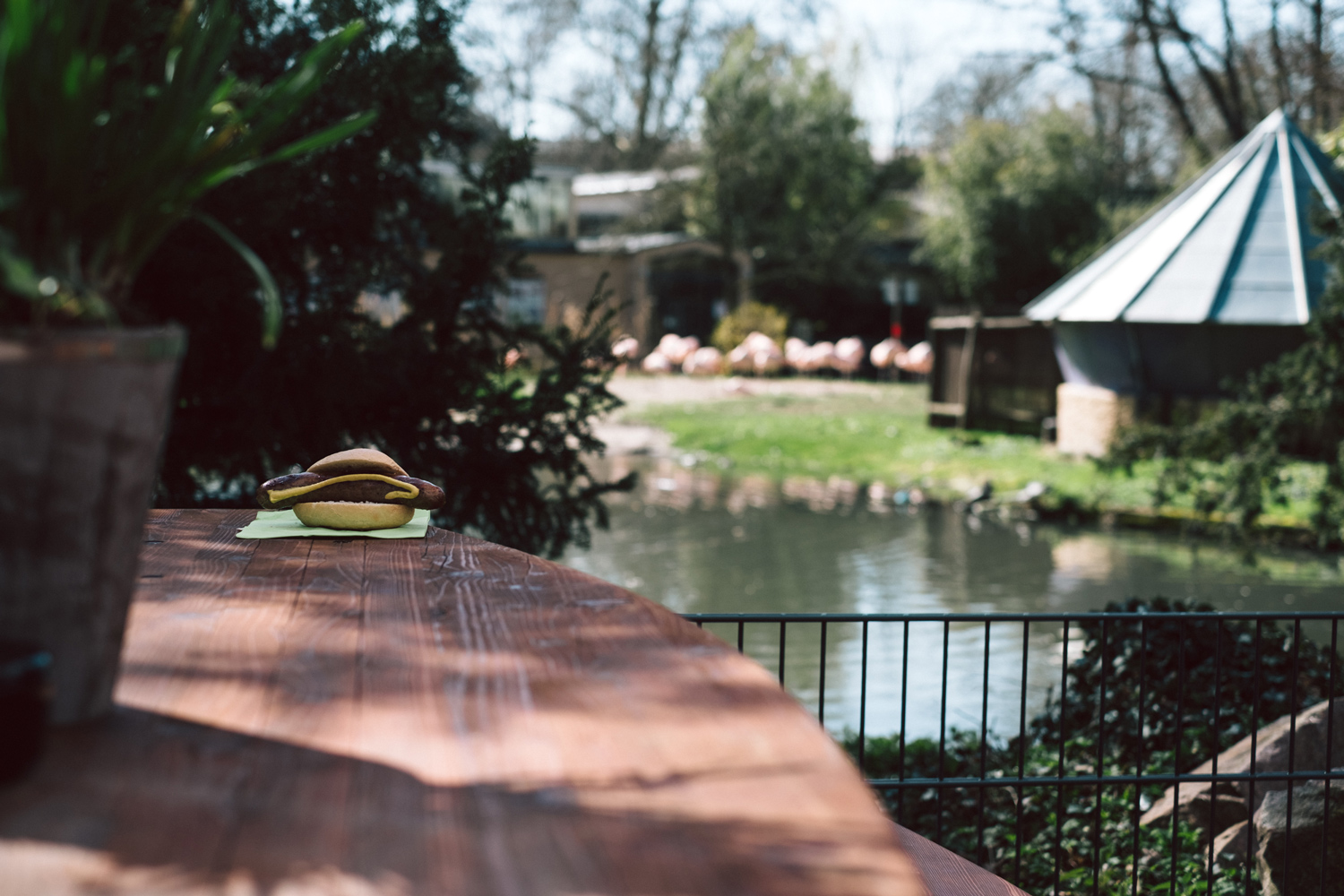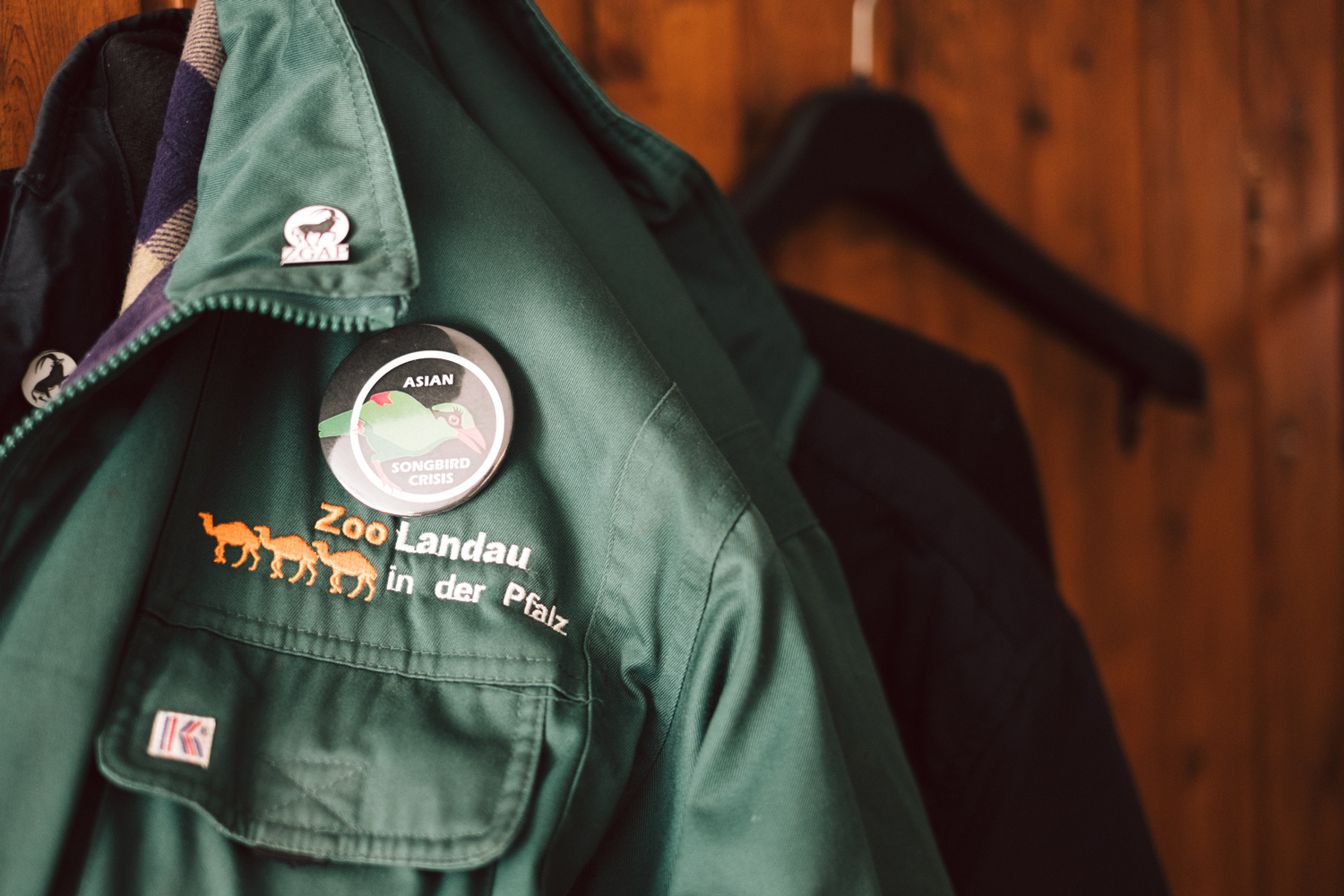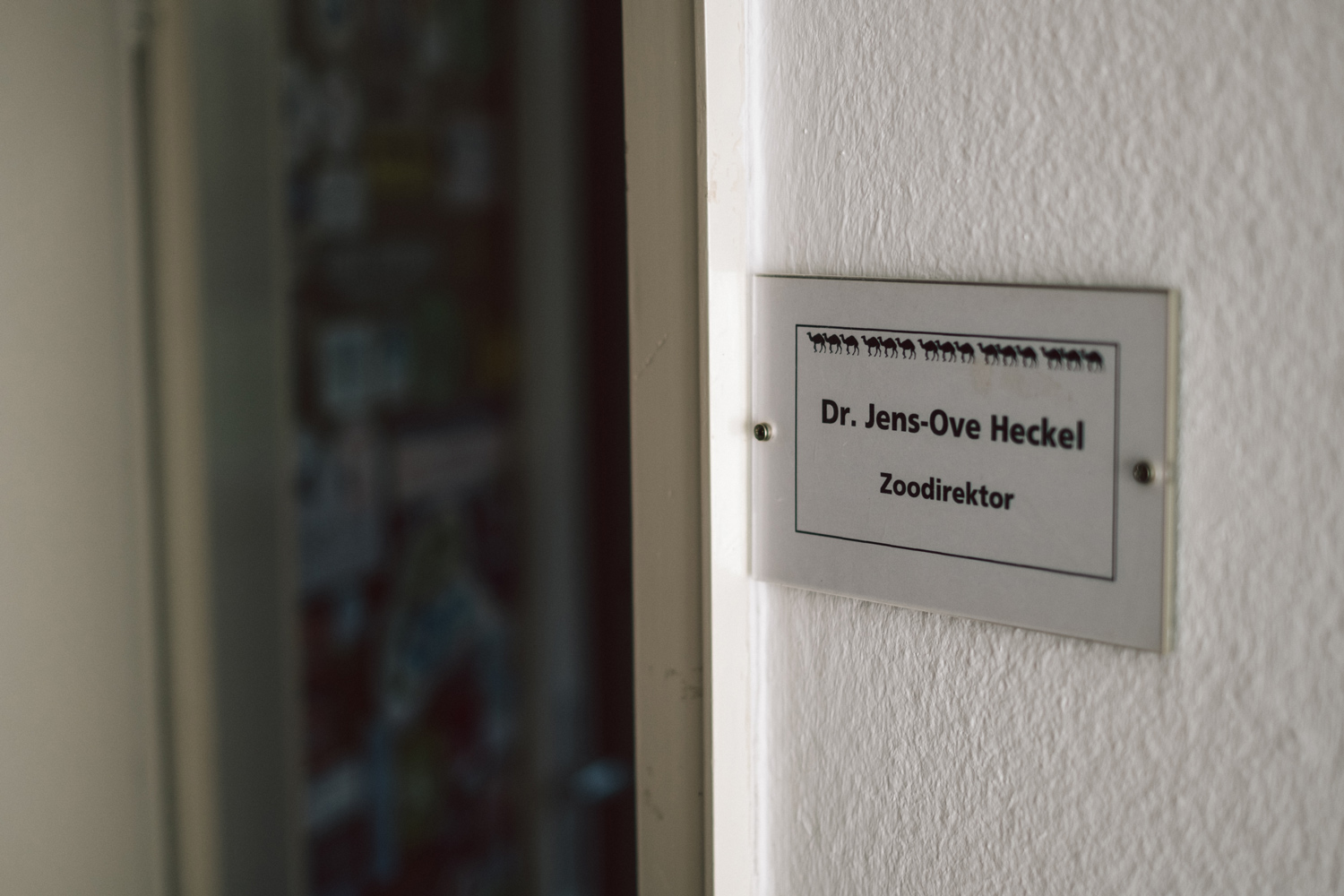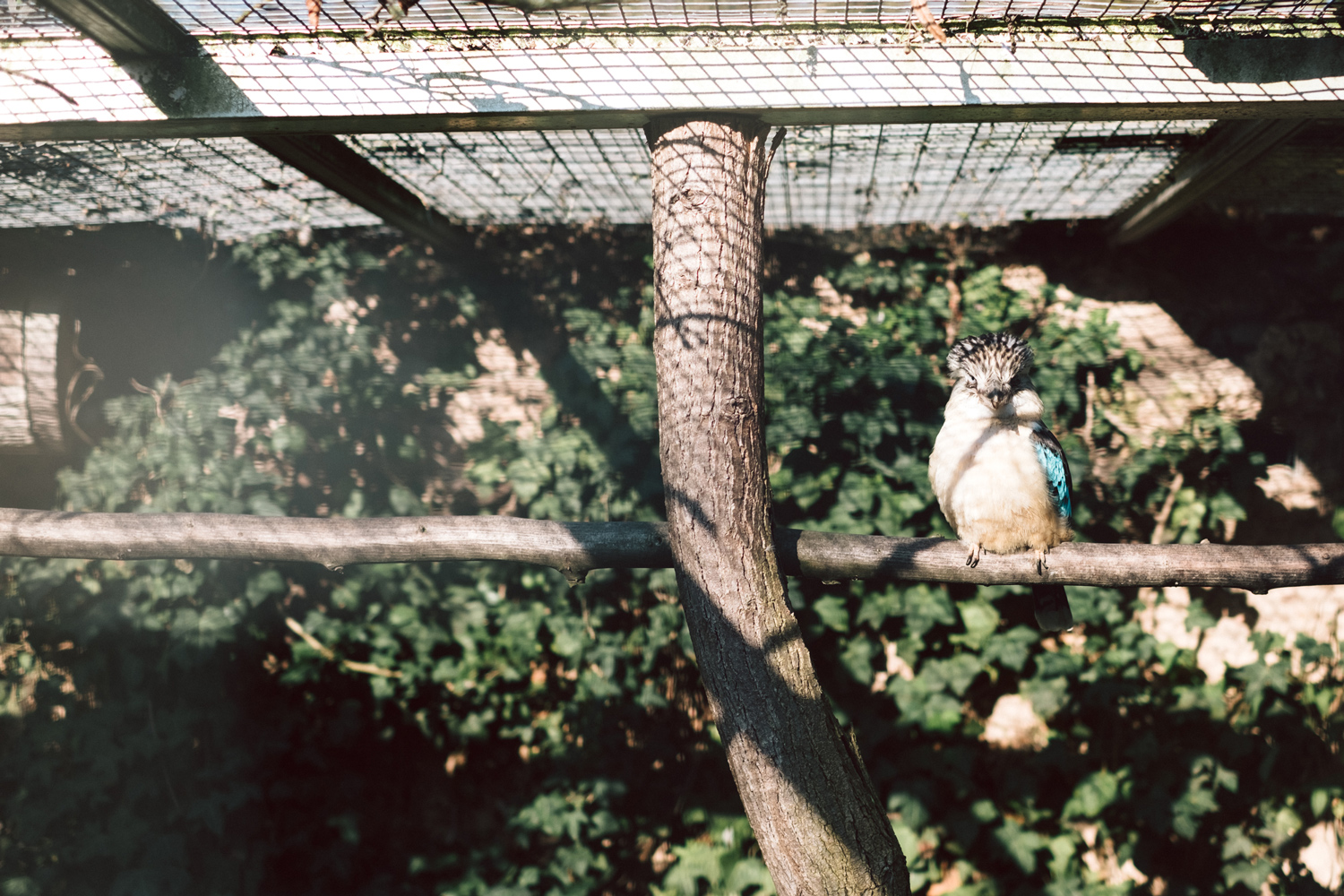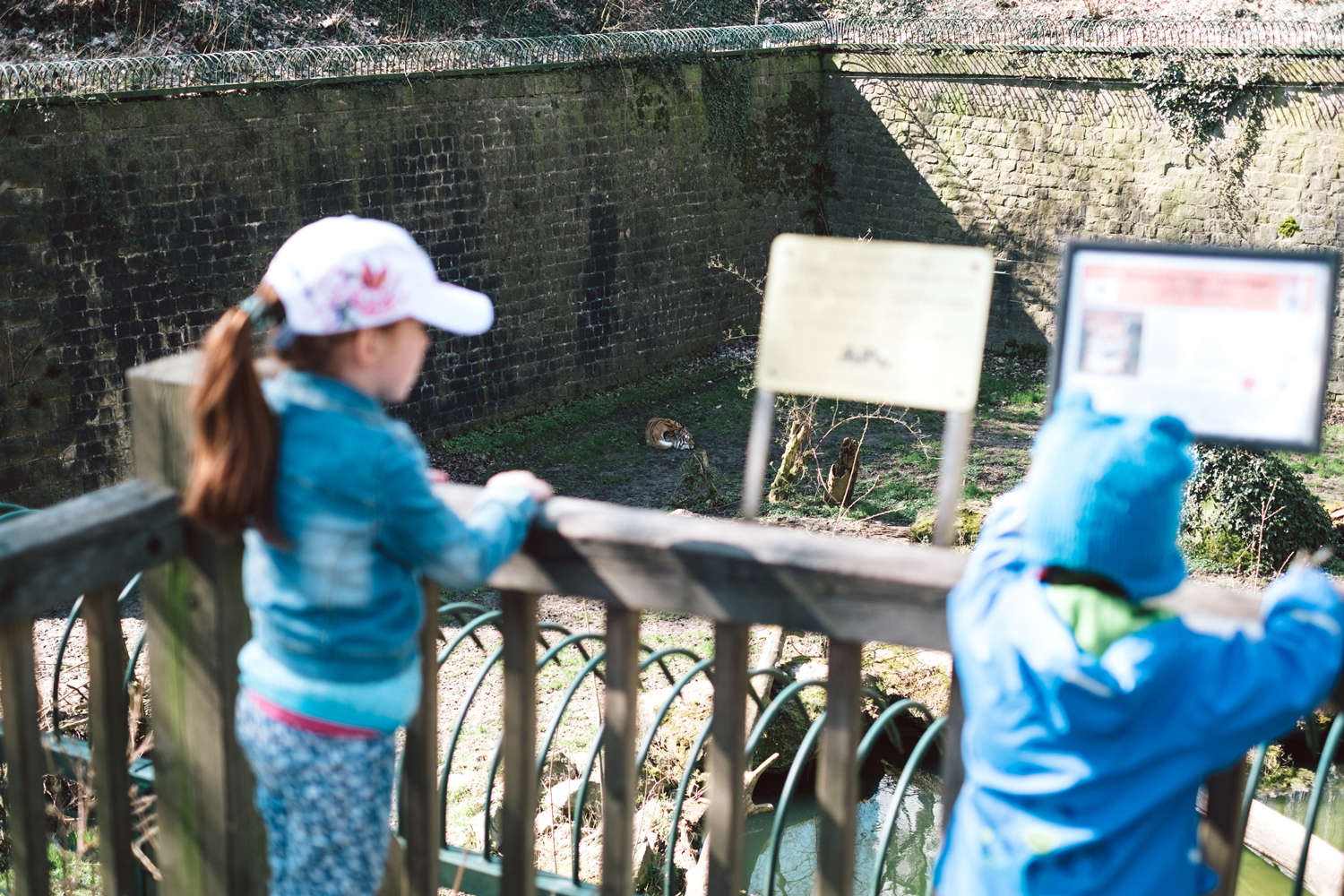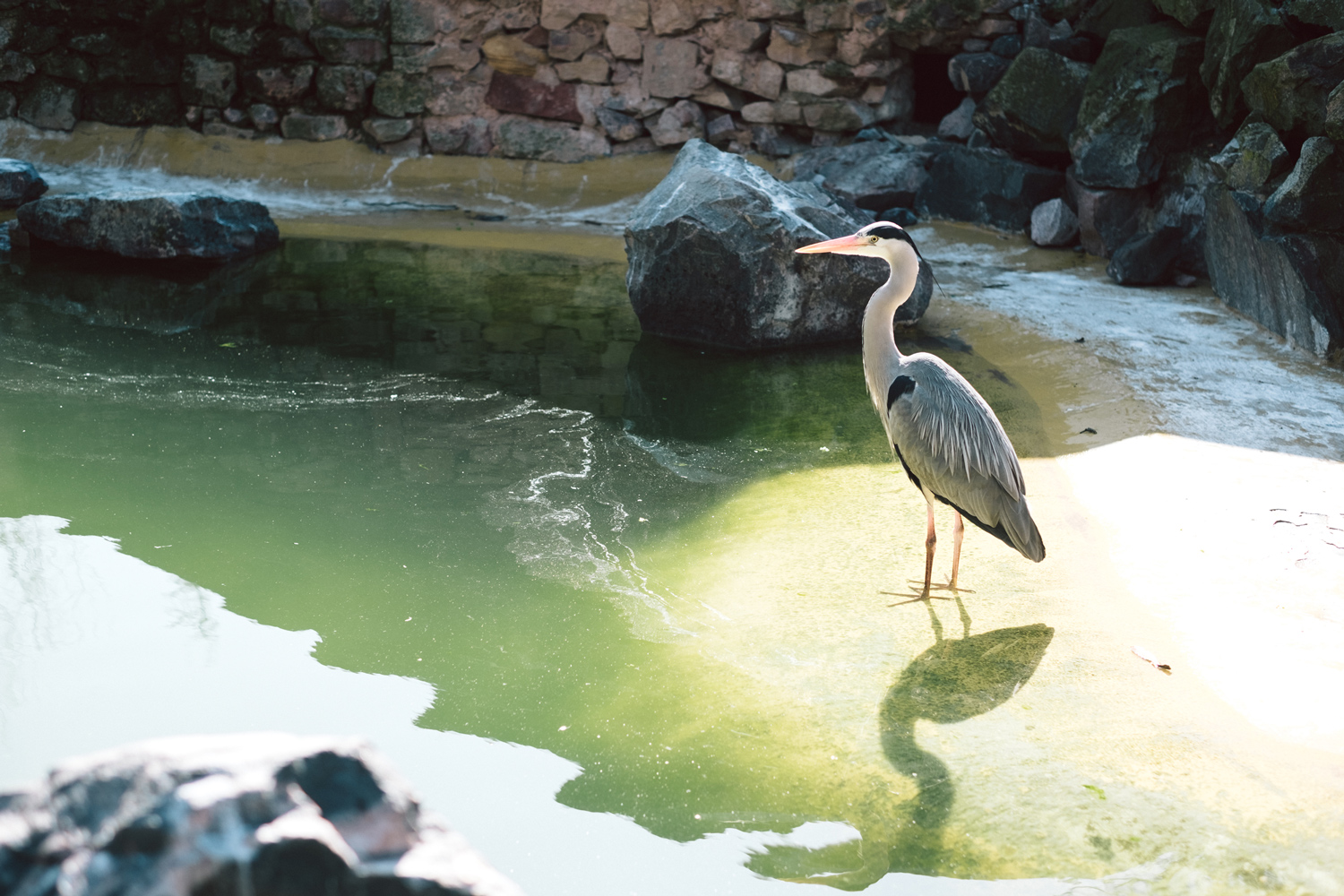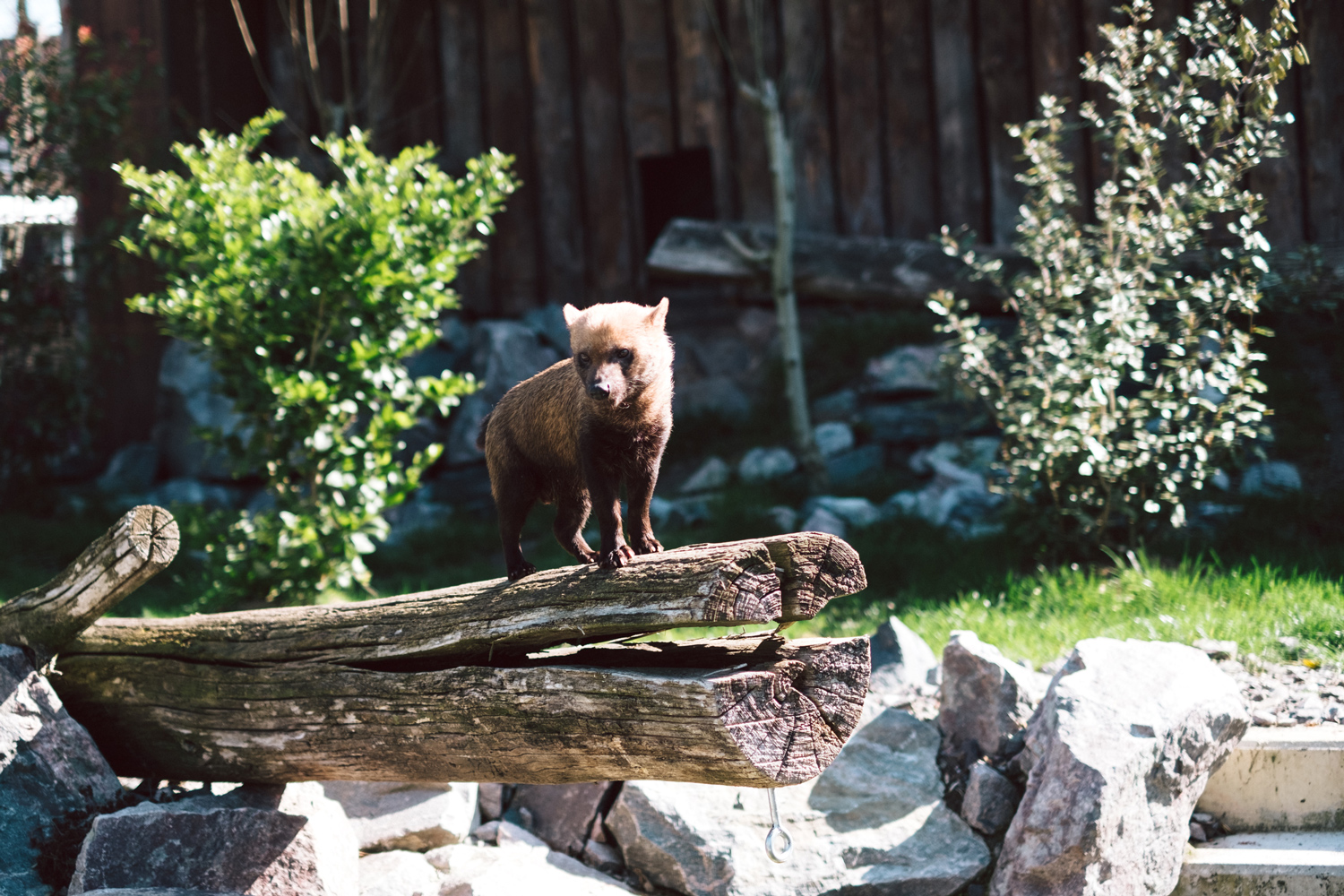A zoological garden in the middle of town, right next to a fortress – such a place you will only find in Landau, in the Palatinate area. On 4.5 hectares of land 110 species of animals enjoy the region’s gentle climate and zoo director Jens-Ove Heckel’s devoted work.
Are those really camels grazing over there in the city centre? Indeed! Though the fact that they have only one hump is a clear indicator that these are, in fact, dromedaries. Every child in Landau is aware of such facts by now, as they are taught in the zoo school.
As Dr. Heckel steps outside of a small administrative building the sun illuminates his face. The winter was long – even here in the southern Palatinate region. Finally though, in April, the zoo is lush and green and the animals are spending more time in the outdoor enclosures. Appreciatively they soak up the warm sun rays and readily allow the mostly young visitors to admire them. “This really is an unusual place to work, and I have been doing the job for over 18 years now. My wife and I were planning on moving to the Philippines before I started here and it was at the last minute, that the confirmation for the position of Landau zoo director reached me. We were almost on the plane to the Philippines, so to say. I never regretted the decision. The friendly nature of the people of the Palatinate makes it easy to feel at home here.”
When speaking with Dr. Jens Ove Heckel one quickly hears that he himself is something of a rare species in the region – as he speaks dialect-free German. “I was born in Lower Saxony, but spent my childhood abroad, amongst other countries also in Afghanistan, as my father was involved in development aid. There was a small veterinary station there and people would bring in many sick animals from the surrounding areas. I was regularly an interested onlooker. At home we soon also had a small zoo, as we were brought many wild animals to take care of. We had monkeys, a young fox, several cranes and some other birds. To witness the way these animals were cared for and to see them recover was a very formative experience for me. I decided early on that I wanted to become a veterinarian as well.”
This career choice had far-reaching consequences, as in Germany one must reach a general qualification for university entrance – the Abitur – by successfully graduating from secondary school in order to take up a vet study course. “After 6th form, I visited a kind of boarding school. This meant I would only see my parents over the holidays. On the other hand, while my classmates might have visited the Black Forest or maybe Italy, I had the chance to visit places such as Yemen, Niger, Somalia, Uganda or the Cape Verde Islands. These travels are surely part of the reason that I am interested in exotic rather than native animals.”

